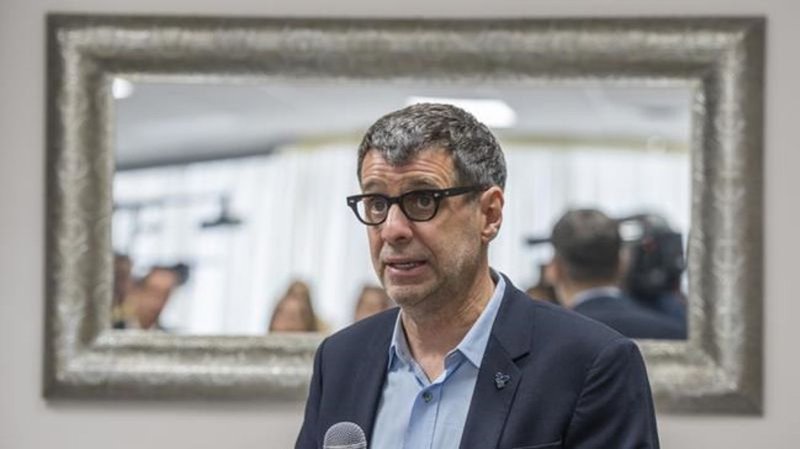
Quebec Conservatives hoping to sway anglophone votes away from the Liberals
MONTREAL — As Quebec Liberal Party Leader Dominique Anglade spent Thursday campaigning in Sherbrooke and Gatineau, her Conservative counterpart Éric Duhaime was in one of her stronghold ridings in Montreal, looking to court her traditional base.
Duhaime is counting on making inroads with the province’s English-speaking minority on Oct. 3. While Duhaime describes himself as a “nationalist,” the former radio host said his vision is an inclusive one that sees anglophone Quebecers as allies, not enemies, in protecting the French language.
“Seventy-five per cent of anglophones in Montreal right now send their kids to French schools, bilingual schools or French-immersion programs,” he said in an interview Thursday.
“We can’t say those people don’t want to live in a French society. Those people love French, they’re allies.”


